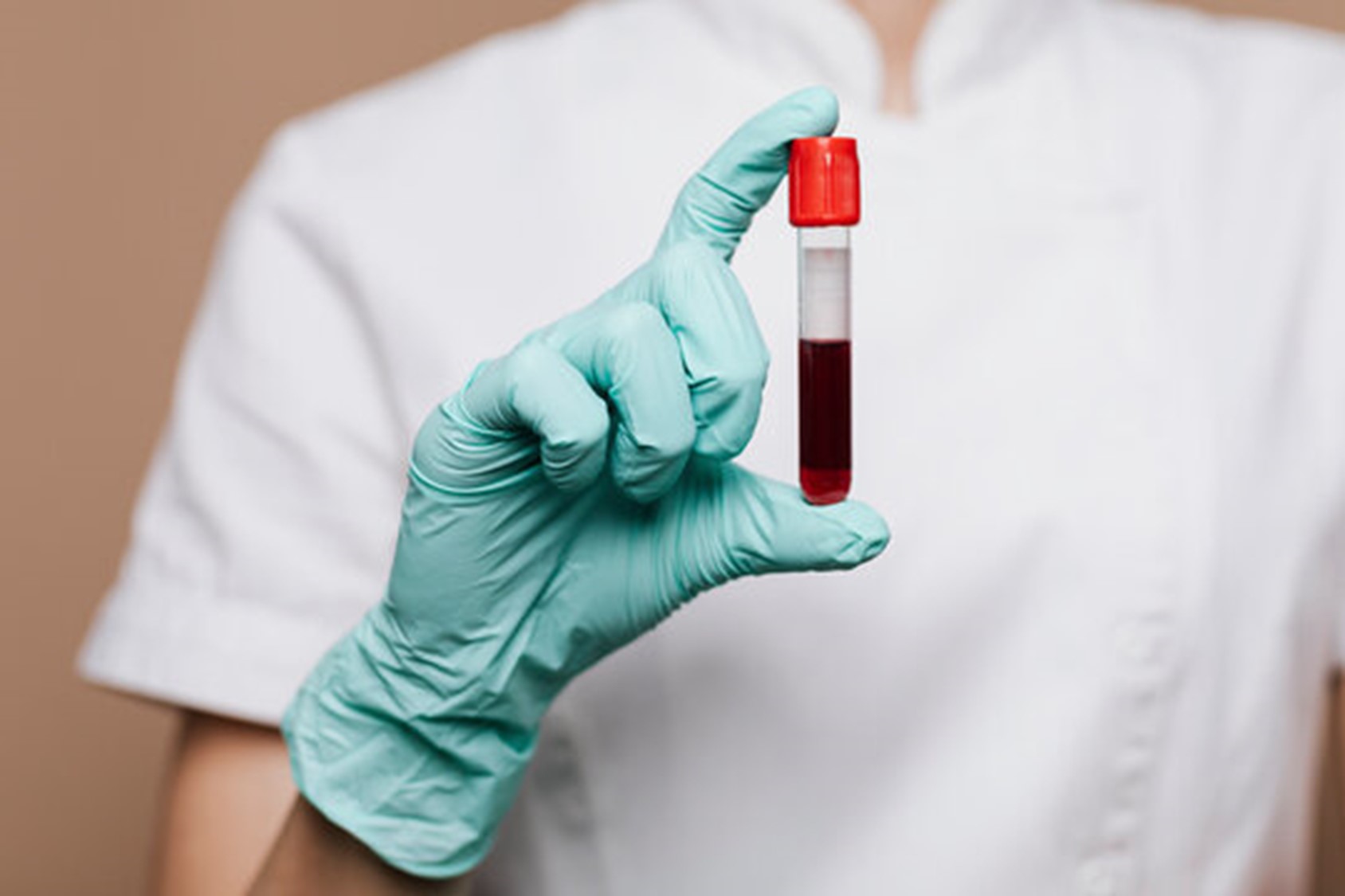Sep 19, 2024 | News, Diagnostics Activity
Darzi Report: Urgent Need for Innovative Technology in NHS Cancer Care

In the House of Commons, Health Secretary Wes Streeting introduced a “national mission” to tackle key health challenges. Presenting the Darzi report, commissioned by the Labour government, he outlined the NHS’s ongoing struggles in the post-pandemic era, including missed targets in cancer care, A&E services, and hospital treatment. The report highlights chronic underfunding, outdated facilities, ineffective reforms, a growing patient backlog, and rising long-term health conditions. Lord Darzi’s recommendations focus on reducing waiting times and adopting new technologies to improve productivity. However, critics argue that past and current policies have failed to address these issues adequately, calling for urgent reform to restore the NHS.
In this context, the launch of PanTum Detect®— our pioneering blood test for detecting cancers in asymptomatic individuals—marks a significant step forward in cancer diagnostics for the NHS.
Findings on Cancer Diagnosis and Care
The NHS faces a severe situation in cancer diagnosis and treatment, with delays leading to an estimated 14,000 additional deaths annually. Despite a target of starting treatment within 18 weeks, waiting times have worsened. In March 2010, 2.4 million patients were on waiting lists, with 200,000 waiting beyond 18 weeks and 20,000 for more than a year. By June 2024, these figures had surged, with over 300,000 waiting longer than a year and 1.75 million waiting between six to twelve months.
While cancer survival rates have improved, progress slowed during the 2010s, and the UK now has higher cancer mortality rates compared to other nations. Between 2013 and 2021, there was no improvement in early-stage cancer diagnoses. Although, in 2023, this figure rose from 54% to 58% offering a small sign of hope. This increase was likely due to Targeted Lung Health Check programme which has identified more than 4,000 cases of lung cancer since 2019.
The report highlights that:
“This important success should be celebrated and the transferable lessons applied to other areas.”
Struggles of Current Technologies
Delays in genomic testing (DNA analysis to gauge an individual’s risk of diseases) also add to the challenge. While 35,000 tests are conducted monthly, only 60% are completed on time. Moreover, just 5% of eligible brain cancer patients receive whole-genome sequencing, which is crucial for personalised treatment.
The NHS has failed to meet its 62-day cancer referral target since 2015, with performance at 65.8% in May 2024. Over 30% of patients wait longer than 31 days for radical radiotherapy, further highlighting systemic failings.
Austerity and underinvestment have worsened these issues, with the NHS entering the pandemic with high bed occupancy rates and fewer resources than other high-income nations. Delays and cancellations during the pandemic further strained its ability to provide timely cancer care.
Addressing these challenges will require reducing waiting times and using technology to boost efficiency. Cancer cases in England increased by 1.7% annually between 2001 and 2021, adding 96,000 more cases in 2019 compared to 2001. Despite improvements, the UK continues to lag behind Nordic and other European countries in cancer outcomes.
Early diagnosis is key to improving survival rates. The declining participation in breast and cervical screening programmes is concerning, and over-stretched services clearly require a cost-effective solution.
The NHS Needs a Solution: PanTum Detect®
Our 2024 edition of the PanTum Detect® Whitepaper presents groundbreaking findings in liquid biopsy and multi-cancer detection, showcasing the test’s immense potential to revolutionise early cancer screening. Urgent action is needed to reform screening programmes, reduce prolonged waiting times, and improve long-term cancer survival rates in line with NHS targets. So far, PanTum Detect® has been validated with over 160,000 samples, proving effective across more than 50 types of cancer, which together represent the majority of all cancer cases.
Patients with a tumour-suspicious result can receive accelerated diagnosis and treatment, while those with a non-suspicious result can be quickly reassured, avoiding unnecessary use of resources.
The test uses macrophages—cells that remove unwanted particles, including tumour cells. Once they return to the bloodstream, they carry cancer-specific markers (Apo10 and TKTL1) without being diluted. The blood is then analysed to detect these markers, helping to identify potential cancers. This method creates a broad screening tool by targeting key biomarkers.
When used alongside imaging, PanTum Detect® helps pinpoint individuals needing further evaluation, potentially identifying cancers at an early stage that might otherwise go undetected. It is non-invasive, requiring only a simple blood draw at a lab or clinic. With 99.53% specificity and 95.21% sensitivity, the test sets a new standard in cancer detection. Additionally, PanTum Detect® is cost-effective, making regular screenings practical. It also offers the possibility of tumour localisation and classification, while minimising radiation exposure, which is only used when necessary.
In light of these pressing issues, PanTum Detect® offers a promising solution to the NHS’s cancer care challenges. By providing a non-invasive, highly accurate blood test that can detect a broad range of cancers early, it addresses key problems such as long waiting times and delays in diagnosis.
This test not only enhances early detection but also aligns with Lord Darzi’s call for innovative technology to improve productivity and patient outcomes. As the NHS grapples with its current difficulties, integrating PanTum Detect® into routine screening could be a significant step toward overcoming its cancer care challenges and achieving better survival rates.
Resources: